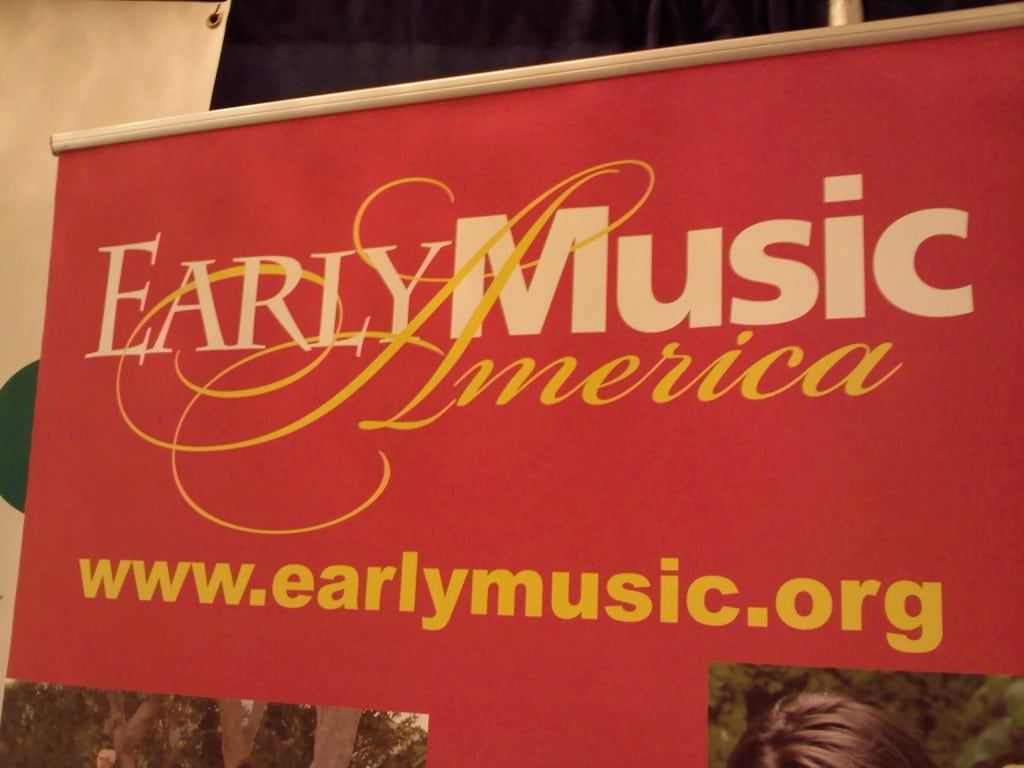Early music fades in Toronto
NewsThe Toronto Consort has cancelled its two remaining concerts this season.
It attributes the decision to ‘financial prudence and community engagement’ – meaning, the money’s run out and nobody’s coming through the door.
The problem is not an isolated one.
Early music worldwide has struggled to recover its pre-pandemic audience. There’s not enough personality or conviction in the sector in 2024.
Discuss.






Comments